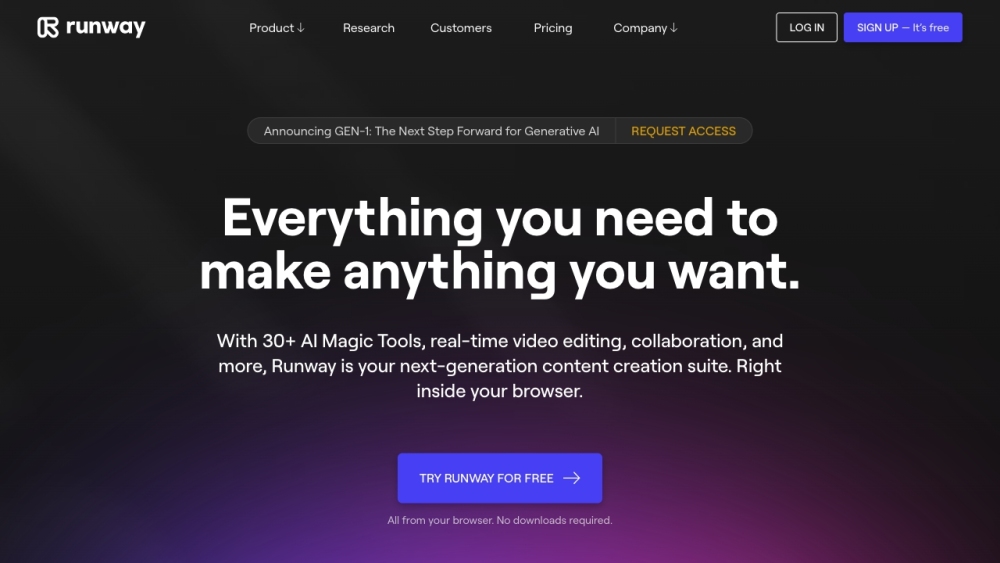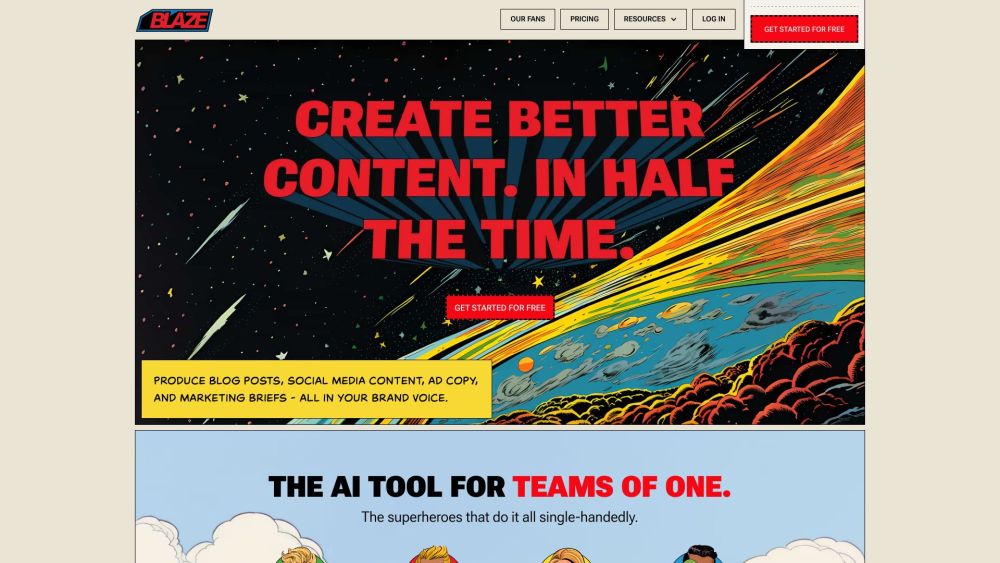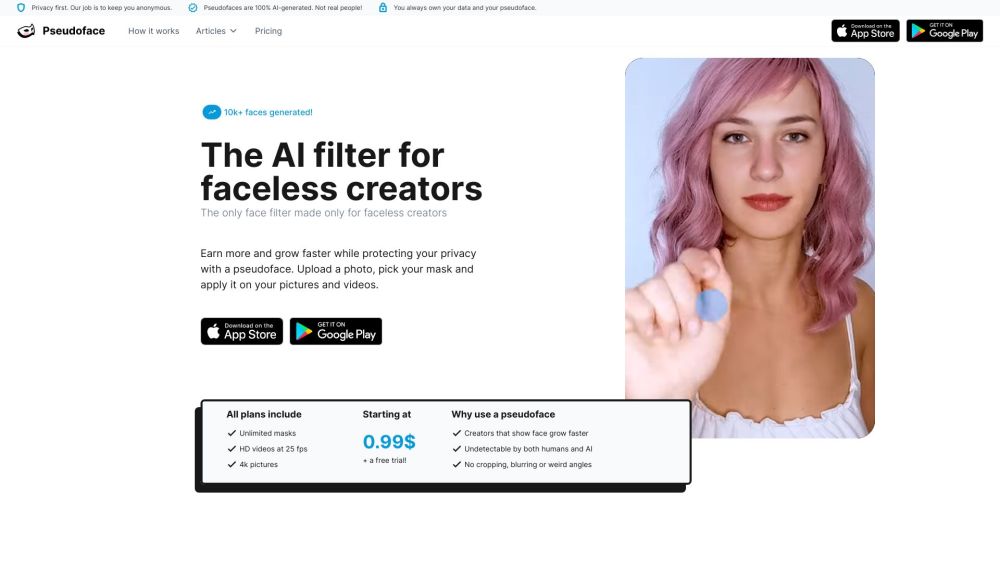AI startups are rapidly attracting significant investment and achieving impressive valuations early in their development, prompting some to label the AI industry as a bubble.
Nick Frosst, co-founder of Cohere, a company specializing in custom AI models for enterprises, recently shared his insights. He expressed skepticism about the idea that the AI sector is experiencing a bubble. While he does recognize some overheated aspects, he believes labeling the industry as a bubble undermines companies like Cohere that are genuinely delivering value to their clients.
“I often encounter instances where our model is used to enable groundbreaking features that simply weren't possible before, or to automate processes that have previously caused delays,” Frosst noted. “That’s real, tangible value. It’s difficult to categorize this as a bubble when such utility exists.”
However, Frosst is not overly optimistic about every development in the AI landscape. He is doubtful that we will achieve artificial general intelligence (AGI)—the ability to replicate human-level reasoning—anytime soon. This perspective contrasts with views held by other prominent figures in AI, such as Mark Zuckerberg and Jensen Huang. He clarified that even if AGI were possible, it remains a distant prospect.
“I don't foresee the emergence of digital gods in the near future,” Frosst remarked. “More individuals are beginning to understand that while this technology is incredibly powerful and useful, it is not a divine entity. This realization necessitates a shift in how we approach and understand AI technology.”
At Cohere, Frosst and his team strive to maintain a realistic perspective regarding AI capabilities and the types of neural networks that offer genuine value. The company’s business model is influenced by the research pursuits of Aidan Gomez, Cohere’s co-founder and CEO, during his tenure at Google Brain. Gomez gained recognition for pioneering the transformer model that spurred the generative AI revolution, along with his 2017 paper titled "One Model to Learn Them All." This study concluded that a comprehensive large language model is often more effective than smaller models focused on specific tasks or industries, according to Frosst.
Cohere currently leverages this foundational model to create tailored solutions for enterprise clients. “We have specialized knowledge in specific fields, but our initial education revolves around mastering language as a whole,” Frosst explained. “Just as humans spend years learning how to read and write before diving into niche areas, a similar principle applies to neural networks.”
Despite his belief in the supremacy of foundational AI models within the industry, Frosst advises enterprises against overburdening a single model with diverse tasks, including consumer-facing, B2B, and product-oriented functions.
For organizations eager to leverage AI technology effectively, Frosst emphasizes the importance of focus and awareness regarding AI's limitations and capabilities.
“We maintain a realistic perspective on how this technology can provide value—and it can deliver an astounding amount of it,” Frosst said. “However, I don't believe it will lead to some apocalyptic outcome. By adopting a balanced view, we can avoid falling into the extremes of rhetoric on either side of the debate.”




